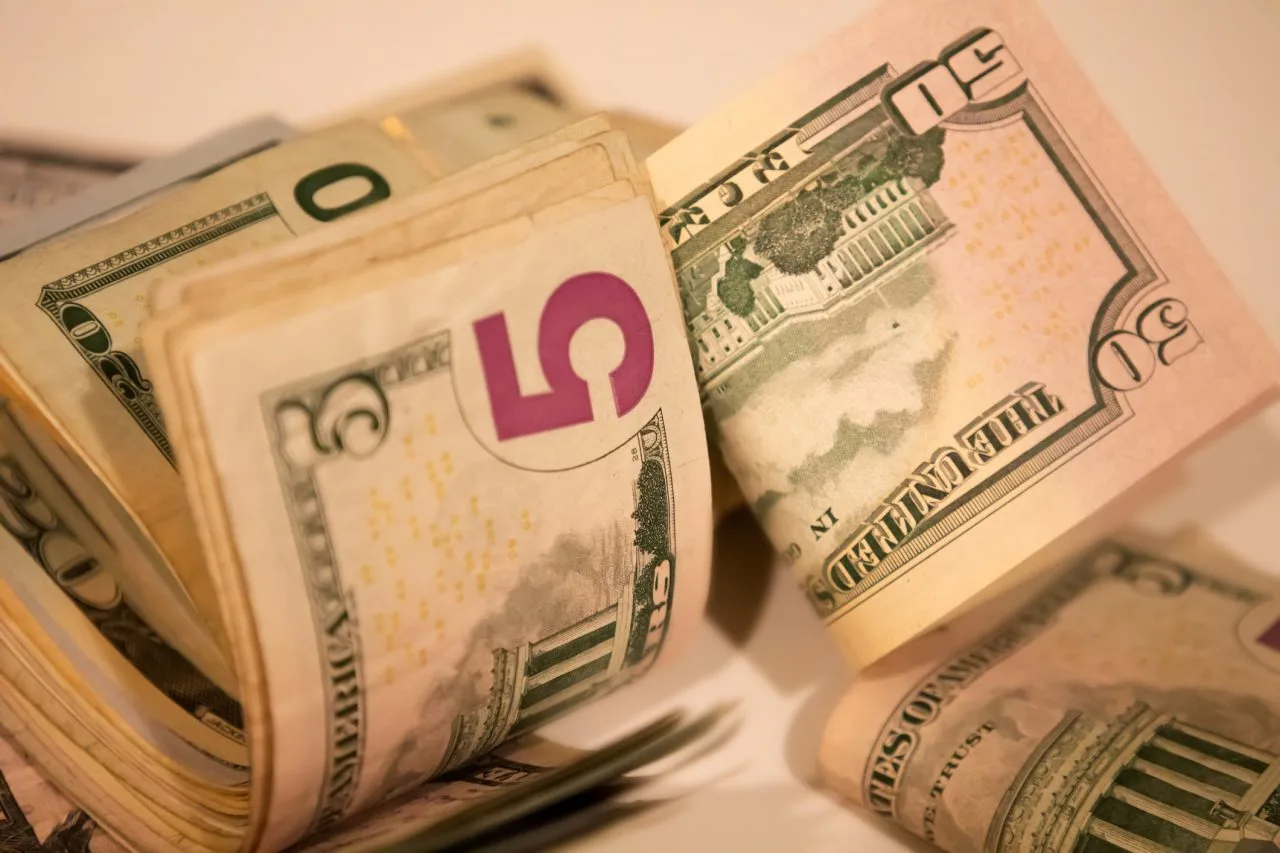
New York Jackpot Price Tax
A lottery jackpot can be extremely lucrative for a lucky winner. A Pennsylvania resident can win millions of dollars by winning a lottery and electing to receive payments in annuity payments. In January 2016, the largest lottery jackpot was split between three Powerball tickets. While the lottery jackpot is tax-free, a group of friends can also win the jackpot together. But what happens when the winner decides to sell the entire interest in his or her winnings to a third party? If the winner is willing to pay the high recurring expenses associated with a home, he or she could find themselves house poor.
A big jackpot can put you into a higher tax bracket than you expect. A married person who wins $539 million is likely to be in the highest tax bracket. A single person winning $539 million would be subject to 37% federal tax. That means that any winnings over that amount would be taxed at 37%. While winning a lottery can be a great feeling, it’s important to know that the government will take a large chunk of your winnings and you could end up with a massive tax bill.
If you win a lottery and live in New York, you should be aware of the state’s taxes. Some cities charge 1.477% while others charge up to 8.82%. As of January 2019, New York’s top state income tax rate is 8.82% and New York City’s is 3.867%. That means that a winning lottery ticket in New York City or the state of New York will likely be subject to taxes totaling 12.7% of the jackpot price.
Winning a lottery can be a great source of financial freedom. However, before you spend your windfall, make sure to consult a financial adviser and a tax expert. The financial adviser will help you plan for how to use the money, whether it’s used immediately or saved over time for emergency purposes. If you want to invest in your future, you should start saving for a retirement savings account. A retirement account is also a good place to invest the windfall money you’ve won.
When you win the lottery, you must report the prize’s fair market value on your tax return. You can also choose not to withhold income taxes. If you don’t have any other income, you can use an estimated tax payment to cover the winnings tax. If you’re lucky enough to win a home, you may be wiser to take the cash instead of the prize. You may end up owing thousands of dollars in taxes.


